About SRM
We Support Providers Who Support Veterans
Despite growing awareness and prevention efforts, suicide remains a leading cause of death among all Americans, including Veterans. Caring for Veterans at risk of suicide can be a new experience for some providers. The Suicide Risk Management Consultation Program (SRM) helps providers by offering consultation that is rooted in the philosophy and tenants of Therapeutic Risk Management (TRM). Consultants offer support, practical recommendations and resources that promote therapeutic best practices. Providers serve Veterans better when they have access to the right resources and feel confident in their treatment decisions. Veterans receive care in VA and the community, so it is crucial to offer consultation and support to all providers.
SRM experts work with providers with a range of knowledge about suicide risk management. They provide tailored support on a case-by-case basis that is anchored in up-to-date research, best practices, and clinical experience. Some of these topics can include: risk assessment, conceptualization of suicide risk, lethal means safety counseling, strategies for how to engage Veterans at high risk, best practices for documentation and provider support after a suicide loss (postvention).
Through SRM, providers have a safe space to share and address concerns, ask questions, and receive validation around the complex scenarios related to Veteran suicide prevention. Request a consult.
Mission
The mission of SRM is to provide consultation to all providers who serve Veterans, to enhance knowledge and confidence, and provide emotional support with the aim of optimizing care for all Veterans at risk for suicide.
Program Staff
The SRM consultants hold years of experience with Veteran suicide prevention. SRM experts facilitate novel problem solving for unique and challenging treatment scenarios. Learn more about the program staff who are ready to support you — as you support Veterans.
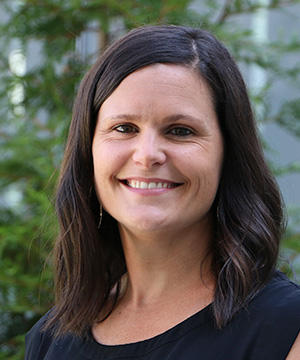
Bridget B. Matarazzo, PsyD she/her
Co-Director and Consultant
Publications: PubMed | Google Scholar
Dr. Bridget Matarazzo is a licensed Clinical Psychologist and specializes in developing, implementing and evaluating suicide risk assessment and management best practices. Dr. Matarazzo's interests include suicide prevention interventions aimed at supporting patients as they navigate through transitions in care.
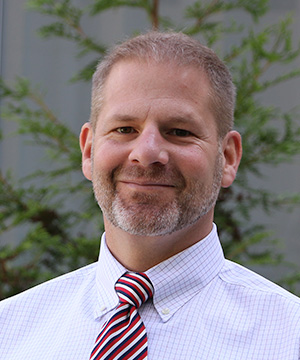
Hal S. Wortzel, MD he/him
Co-Director and Consultant
Publications: PubMed
Dr. Hal Wortzel is a licensed physician board certified in General Psychiatry and Forensic Psychiatry and certified in Neuropsychiatry. Dr. Wortzel's clinical focus is the neuropsychiatry of trauma and its sequelae, including aggression and self-directed violence.

Georgia Gerard, LCSW she/her
Consultant
Publications: PubMed
Georgia Gerard is a Licensed Clinical Social Worker and provides consultation and administrative support for the program. Her clinical interests include serving as a clinician for research studies focusing on Veterans at risk for suicide and providing assessment services to Veterans at risk for suicide.
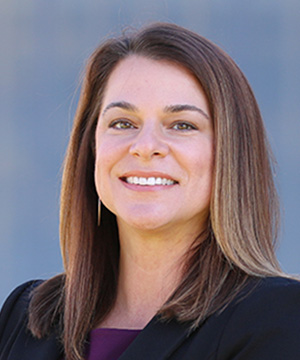
Suzanne McGarity, Ph.D. she/her
Consultant
Publications: PubMed | Google Scholar
Dr. Suzanne McGarity is a licensed Clinical Psychologist in the Rocky Mountain MIRECC where she serves multiple roles. She provides technical assistance as a member of the VA Risk ID and SPED implementation team and consultation services for the Rocky Mountain MIRECC's local and national Suicide Risk Management Consultation Program. She is also a consultant and subject matter expert in the area of Safety Planning and supervises postdoctoral fellows in group-based safety planning services on the Rocky Mountain Regional VA's inpatient psychiatric unit.

Sean Barnes, Ph.D. he/him
Consultant
Publications: PubMed | Google Scholar
Dr. Sean Barnes is a licensed Clinical Psychologist and specializes in suicide risk assessment and management. His clinical and research interests include development and application of suicide-specific interventions, with a focus on contextual behavioral approaches to therapy (e.g., Acceptance and Commitment Therapy). Dr. Barnes is also working to learn more about cognition and emotion during suicidal crises, and to improve methods for suicide risk assessment and conceptualization.

Lauren Borges, Ph.D. she/her
Consultant
Publications: PubMed | Google Scholar
Dr. Lauren Borges is a licensed Psychologist specializing in the use of contextual behavioral interventions (e.g., Acceptance and Commitment Therapy [ACT], Dialectical Behavior Therapy [DBT]) to assess and intervene on suicide risk. Dr. Borges' clinical and research interests include serving as a developer of Acceptance and Commitment Therapy for Moral Injury (ACT-MI), ACT for Healthcare Providers (ACT-HCP), ACT for Life, and using the DBT chain analysis skill to identify and intervene on suicidal behavior.
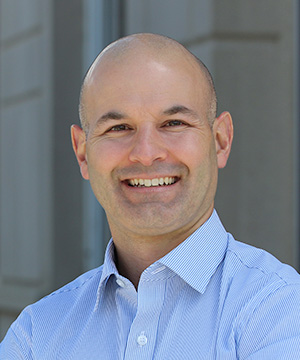
Joseph Simonetti, MD, MPH he/him
Consultant
Publications: PubMed | Google Scholar
Joseph Simonetti is an Internal Medicine Physician and Clinical Investigator who focuses on developing patient-centered firearm safety interventions for individuals at risk of suicide, and supporting VA and community-based clinicians in delivering evidence-based and culturally competent lethal means counseling to at-risk Veterans.

Megan Harvey, Ph.D. she/her
Program Evaluator
Dr. Megan Harvey is a licensed Clinical Psychologist and is the program evaluator for SRM. She also offers postvention services to support VA staff who have lost someone to suicide. Her interests include participatory program evaluation that informs programmatic evolution, implementation of systems change and safety planning.

Christie Machan, LCSW she/her
Consultant
Christie Machan is a Licensed Clinical Social Worker who provides suicide risk management and postvention consultation. Her clinical interests include evidence-based interventions that foster Veteran family and social support to enhance recovery, as well as, services that mitigate provider compassion fatigue and/or burnout.

Carolyn Gass, MSW, LCSW she/her
Program Specialist
Carolyn Gass is a Licensed Clinical Social Worker and provides administrative support and program evaluation services for the SRM program. Her clinical interests include using evidence-based interventions to support Veterans at risk for suicide, as well as program development, implementation, and evaluation.
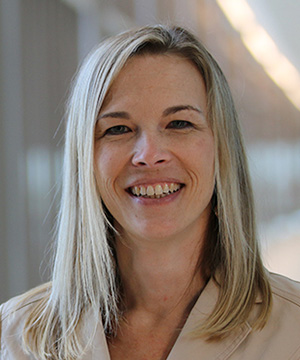
Erin Higgins, LCSW, LAC she/her
Consultant
Erin Higgins is a Licensed Clinical Social Worker and Licensed Addictions Counselor and is the Postvention Lead for SRM. She has prior VA clinical and leadership experience in substance use and mental health treatment settings. Her clinical interests include suicide postvention, the intersection of substance use disorders with suicide risk, and using technology to improve suicide risk screening and interventions.
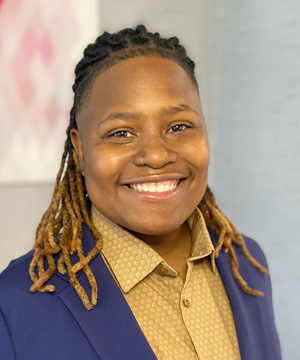
Tiara Peterkin, LCSW she/her
Consultant
Tiara Peterkin is a Licensed Clinical Social Worker in the Rocky Mountain MIRECC. She has prior VA clinical and leadership experience in homeless programs, emergency department, suicide prevention, and outpatient mental health programs. She provides technical assistance and implementation support as a member of the VA Risk ID and SPED implementation team and provides consultation services for the Suicide Risk Management Consultation Program. Her interests include process improvement, implementation facilitation, and technical assistance on suicide prevention metrics and dashboard tools.

Liz Velasquez she/her
Program Support Assistant
Liz Velasquez provides administrative support for the SRM program, as well as the Rocky Mountain MIRECC's Clinical Core. She has prior VA experience as a Certified Nurse Aide on an Inpatient Medicine and Telemetry Unit.



















